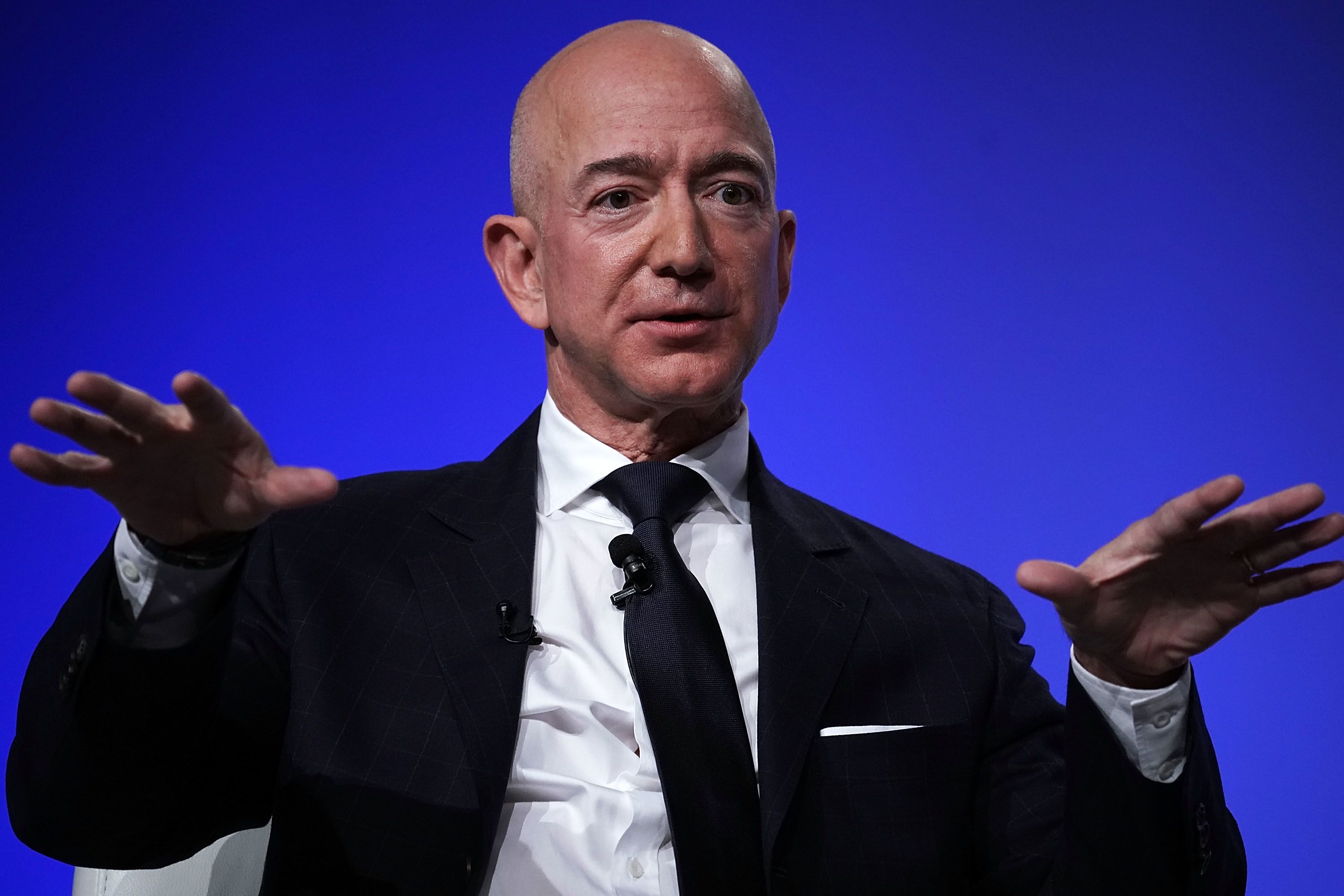SOCIAL MEDIA NEWS
Amazon blames France’s digital tax for higher seller fees
Virginie Lemaire recently opened her email to an unsettling message from Amazon: fees for sellers like her in France will be increasing by 3%.
Lemaire, a single mother of two, started her jewelry company Perle d’un jour in 2011. Trained as an artisan jeweler, she makes handmade custom pieces like necklaces, bracelets and rings.
The French small business owner started selling her products on Amazon two years ago and now generates one-fifth of her sales from the e-commerce giant’s marketplace.
So it was an unwelcome surprise when she found out Amazon would be raising seller fees for her and thousands of other small and medium-sized French businesses starting in October. The reason the company cited was simple: a 3% digital tax passed by the French government in July.
Amazon’s move appears to directly conflict with the French government’s aim of leveling the playing field between Big Tech and small and medium-sized enterprises, and further complicates France’s effort to rein in companies like Amazon, Facebook and Google.
“The fact that such companies pay less tax in France than a large bakery or a cheese producer in Quercy creates a real problem,” French Finance Minister Bruno Le Maire said earlier this year.
France’s tax targets companies that make at least 750 million euros ($832 million) in annual revenues from “digital activities,” including 25 million euros from within France. The levy applies retroactively from January 1, 2019 and will raise an estimated 500 million euros per year.
The French tax has already faced significant backlash. The President Donald Trump administration initiated an investigation into the measure and threatened retaliatory tariffs, saying the tax “unfairly targets American companies.” Economists and tech firms including Amazon had warned France’s tax would ultimately result in higher prices for consumers.
Executives from Amazon, Facebook and Google will testify at a U.S. government hearing on the French digital tax Monday. In prepared testimony, Peter Hiltz, Amazon’s director of international tax policy and planning, called the 3% levy “harmful” and “discriminatory.” He said it will “negatively affect the hundreds of thousands of small and medium-size businesses that use Amazon’s services to help reach customers in France,” including more than 10,000 sellers based in the country.
“This tax is aimed squarely at the marketplace services we provide to businesses, so we had no choice but to pass it down to Selling Partners,” Amazon said in a statement. “We recognize that this may place small firms in France at a competitive disadvantage to their counterparts in other countries.”
Jewelry-maker Lemaire, for example, will now pay Amazon 12.36% of every sale she makes on the marketplace as of October 1, up from 12% previously. In an interview with CNBC, she said any increase in fees squeezes her profits, with margins already tight from other taxes and the cost of materials.
Lemaire finds herself in a predicament alongside thousands of other French small businesses who sell their products on Amazon. She must either raise her prices for consumers or absorb the higher costs.
This tax is aimed squarely at the marketplace services we provide to businesses, so we had no choice but to pass it down to Selling Partners.
“We’re not at all respected,” she said via a translation.
Lemaire said selling with Amazon is already a stressful experience where the “customer is king.” She prefers Etsy, which brings in 70% of her total sales, because she said it only charges 10% in fees. Lemaire is also paying for ads on Facebook to drive traffic to her own website.
In their prepared testimony, Facebook, Google and Amazon all voiced concerns that France’s unilateral approach with the digital tax will encourage other countries to impose similar measures. They instead argued an OECD-wide effort to address digital taxation would be less harmful to business and consumers.
— CNBC’s Chanel Monteine contributed reporting













